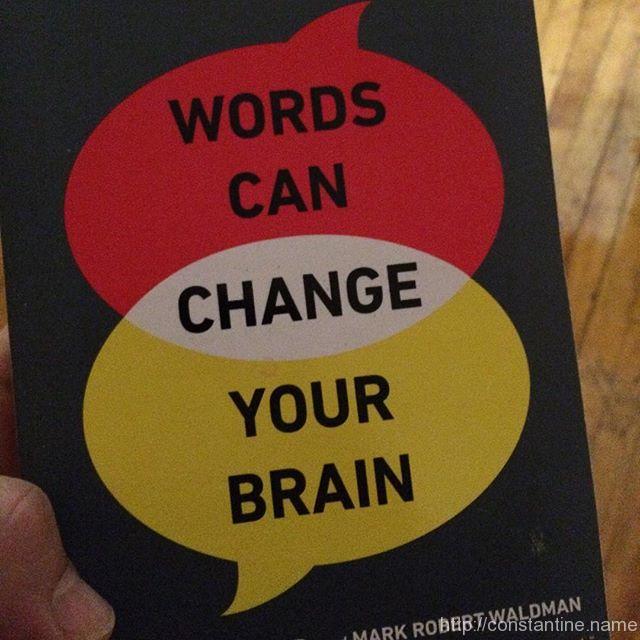I wandered a haphazard path until I learned some philosophical lessons and made some critical, first changes. I tried many different things, keeping what seemed to help and abandoning what did not. It is only through hindsight that I can share the things which are the foundations of my progress.
The first step in my journey was realizing I was unhappy. This realization — detecting it, understanding it, believing it, surrendering to it, and finally owning it — was the first piece of bedrock on which I started building. I was clearly in a slow, downward spiral, and this realization led me to thrash around trying to change things.
( I didn’t find this until years later, but Leo Babauta has a wonderful post about, The Spiral. )
My initial progress was glacial as I began working on the twin skills of self-awareness and self-analysis. Although I began my journey blissfully unaware and ignorant, my problems became increasingly obvious. Owning up to each problem required all my fortitude and courage. Step by step I found the motivation to begin changing my life. It was the discomfort of the status-quo which motivated me to change; Without that discomfort — without the self-awareness which created that discomfort — I would simply have continued my downward spiral.
Along the way, it was also important to realize I was fragile (physically, mentally and emotionally), and that I would need to build up a tremendous, new resilience. Becoming mentally and physically resilient creates a comfort zone. It means that bumps in the road may slow, stop, or even set back my progress. But they will never turn my upward spiral into a downward spiral. In truth, I was well into building up my resilience before I understood what I was doing. But as my understanding caught up, it became possible to work intentionally on resilience.
( One article which helped solidify my understanding was about, Anchoring One’s Resilience in Your Authentic Self. )
Although I remain a work in progress, my success is entirely built on the simple philosophy of continuous self improvement. Unfortunately, it is not at all simple to implement. I tried a litany of changes — small and large, easy and hard, crazy and clever, pointless and miraculous — as I incessantly kept learning, experimenting, and building upon each tiny success and advance. The things which worked for me form the remaining parts of this series.
( It wasn’t until far into my journey that I learned of the Observer, Orient, Decide, Act (OODA) loop. )
Which would boil down to these essentials:
– I owned up to being unhappy.
– I built up my skills of self-awareness and self-assessment.
– I built up my mental and physical resilience.
– I began making continuous self-improvement changes.
ɕ



